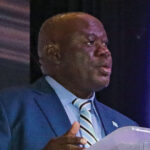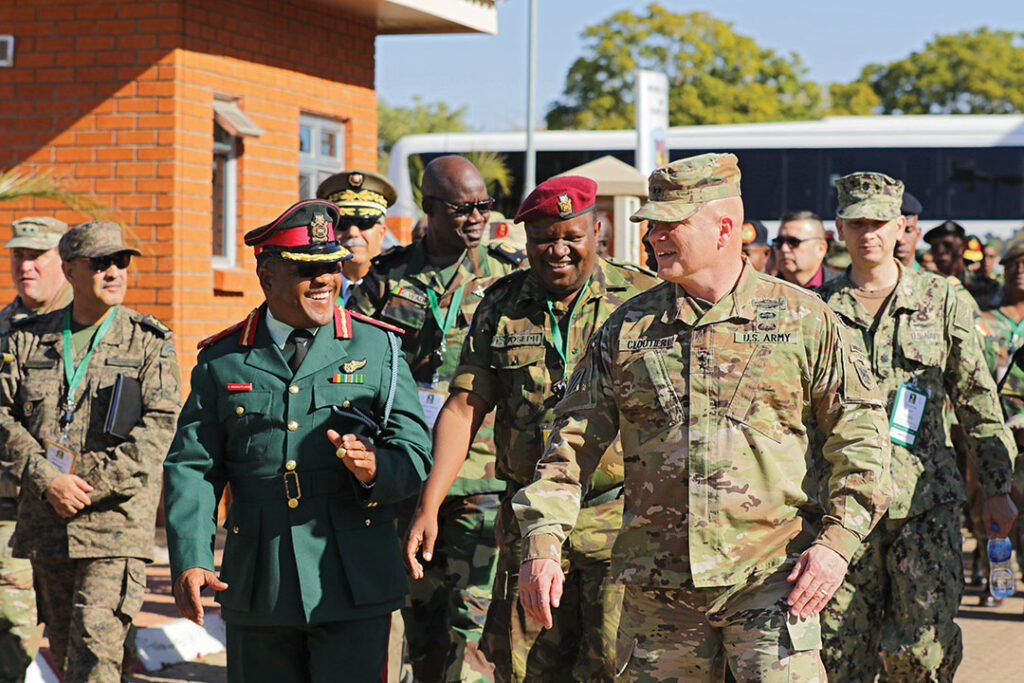
This summit is held under the theme “Strengthening Partner Networks” and has brought together about 300 delegates from Africa. This theme resonates well with our conviction as the government of Botswana that partnerships are critical. It also resonates with the Southern African Development Community (SADC) and, indeed, the African Union’s belief that unity is strength.
As a government, we are alive to the reality that today’s security challenges are complex, and their solutions can only come through cooperation and partnerships with others. As such, in SADC, military integration is achieved through regional and bilateral cooperation. For instance, the SADC Standby Brigade has been mobilized and is on rotation for the Africa Standby Force. Botswana has pledged a battalion-level force to the brigade, which was accordingly declared ready during the predeployment verification by SADC. As a country, we have contributed 19 hectares of prime land in the outskirts of Gaborone for the SADC Standby Brigade Logistics Depot, a project which is underway.
We view the African Land Forces Summit as an opportunity that African military leaders should use to develop solutions to problems peculiar to Africa. I therefore call upon you all to use the time you are going to spend here to attend to contemporary and future security challenges and threats facing the continent. Let your focus be balanced between military theories and other issues that affect the plight of the people in our continent.
The summit provides a platform for Africa to critically assess its readiness to move in unison toward building joint forces, both regionally and continentally. In my view, your primary objective as land forces is to be organized into well-trained, well-informed and well-equipped forces, ready to apply land combat power in a prompt and synchronized manner when needed.
You can only achieve high levels of readiness and relevance if you embrace the need to build mutual trust and confidence among yourselves in the continent and, indeed, with other nations of the world. Current issues of national security extend beyond conventional military threats or challenges to include socio-economic and related matters. These issues may seem peripheral to you now, but you should know that they are often major sources of conflict and instability to many of our countries. However, when engaging on these human security issues, remember that the military is to remain scrupulously apolitical. In your calling to the military, you are to be guided by the ethos of “service before self.”
We should collectively find enduring and common ways of dealing with issues of terrorism, international crime, pandemics and others. This is not to say we should ignore the possibility of conventional state-to-state conflict, but we should also be concerned by the type of warfare that is going to be bred by the afore-stated threats.
War-making is no longer going to be about the sizes of your armories, your weapons, nor the size of armies. It is going to be about your ability as commanders to think strategically and be ready to explore new ways of doing things.
You must therefore engage with the intention to learn from your colleagues. Capacitate yourselves to be able to anticipate, adapt and equip for the complexities of the current and future conflicts. You must ask yourselves if your militaries are relevant to addressing challenges faced by your nations or if they are indeed taking more than they give to the people.

